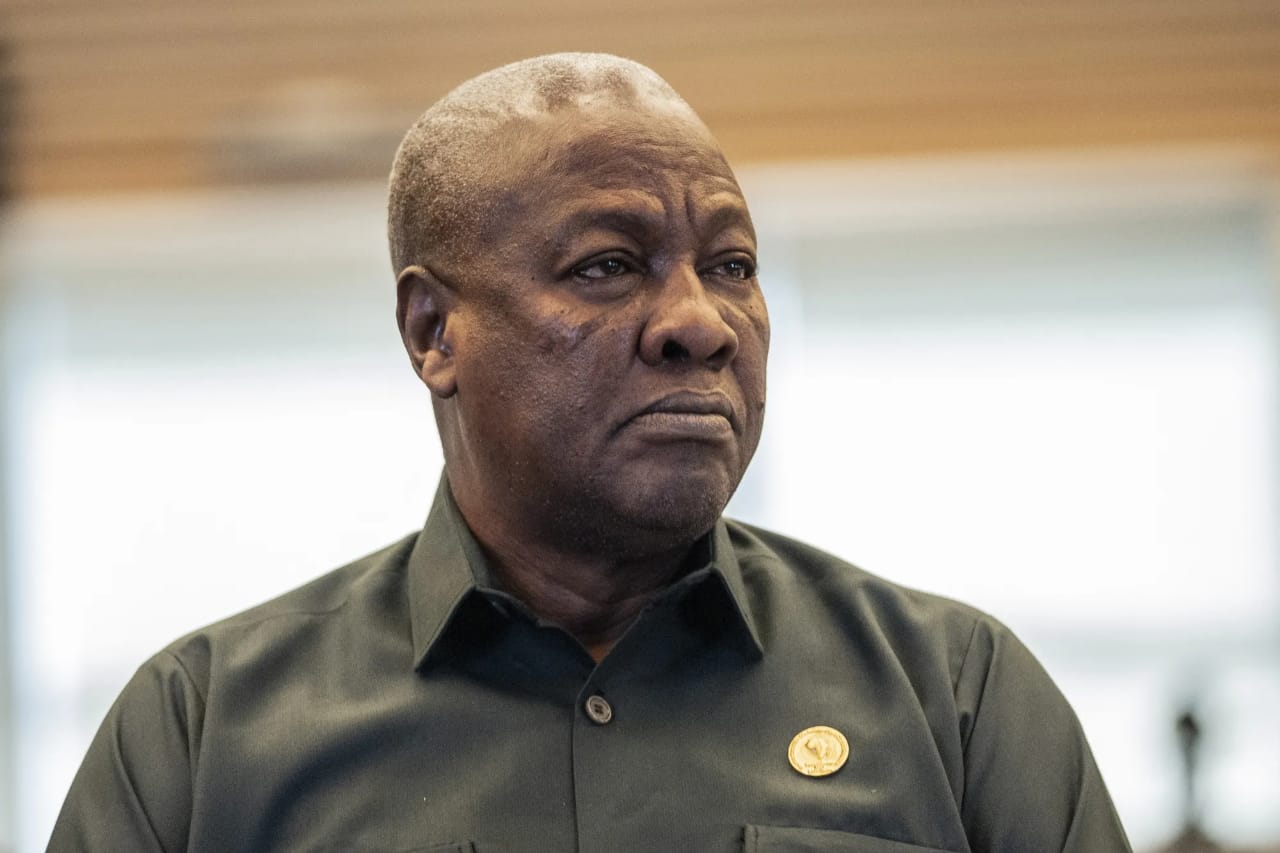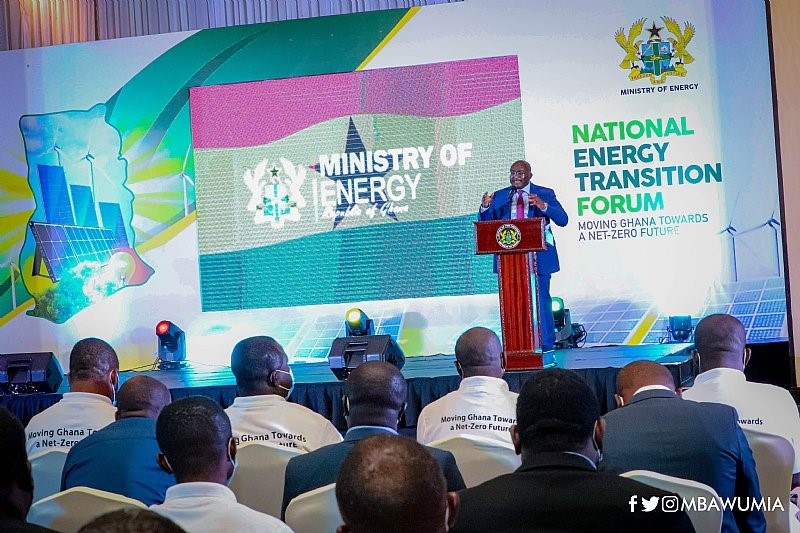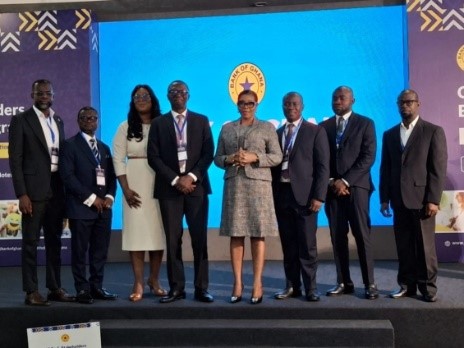Removal from ABFA cripples transparency body, sparks fears of political interference
Ghana’s foremost petroleum revenue watchdog, the Public Interest and Accountability Committee (PIAC), is teetering on the edge of collapse after being cut off from its statutory funding source, the Annual Budget Funding Amount (ABFA) — a move that critics say undermines transparency in the management of the country’s oil wealth.
At a virtual media engagement on Friday, October 24, during the launch of PIAC’s 2025 Semi-Annual Report, the Committee’s Executive, Isaac Dwamena, Esq., issued a stark warning:
“The future is bleak for PIAC. We are required by law to hold at least two public engagements each year. This year, we have managed to organize only one — and even that was funded by Good Governance Africa.”
Once seen as a cornerstone of accountability in Ghana’s extractive sector, PIAC is now struggling to keep its doors open. The Committee’s removal from the ABFA and transfer to the Consolidated Fund has effectively strangled its independence, leaving it dependent on unpredictable government disbursements.
“If we continue this way, the very institution mandated to monitor compliance by others will itself be breaching the Act,” Dwamena cautioned.
A Watchdog Gasping for Air
PIAC’s financial accounts are said to be “almost red,” with even basic operational activities under threat. Its capacity to monitor petroleum revenue allocations — a constitutional safeguard against mismanagement — has been crippled.
Observers warn that this financial suffocation could be deliberate, designed to weaken oversight at a time when billions in petroleum revenues remain unaccounted for or poorly tracked.
Finance Ministry Under Fire
The crisis follows controversial amendments to the Petroleum Revenue Management Act (PRMA) — pushed through without consultation with PIAC or key civil society stakeholders.
“The PRMA was born out of broad stakeholder engagement. It would have been expected that before major amendments were made, the Ministry of Finance would have consulted PIAC. Unfortunately, that did not happen,” Mr. Dwamena said pointedly.
PIAC has written three official letters to the Minister for Finance requesting a meeting to discuss its funding, but has received no response. Insiders say the silence raises troubling questions about the government’s commitment to transparency in oil revenue governance.
Presidential Intervention — and Inaction
In July, PIAC met with former President John Dramani Mahama, who promised to draw the Finance Minister’s attention to the issue. Months later, no action has followed, deepening fears that the watchdog’s fate may be sealed by political indifference.
Transparency at Risk
Established under the Petroleum Revenue Management Act (Act 815), PIAC was meant to be the public’s window into how Ghana’s oil money is used. Its reports have often exposed irregularities, prompting calls for greater accountability.
But its removal from the ABFA has stripped it of financial autonomy — a move analysts describe as a blow to Ghana’s democratic checks and balances.
“You cannot silence the watchdog and still claim to uphold transparency,” said one governance expert familiar with the situation. “This is not just an administrative decision — it’s an assault on accountability itself.”
As the crisis deepens, PIAC’s future — and the integrity of Ghana’s oil revenue oversight — hang in the balance.



